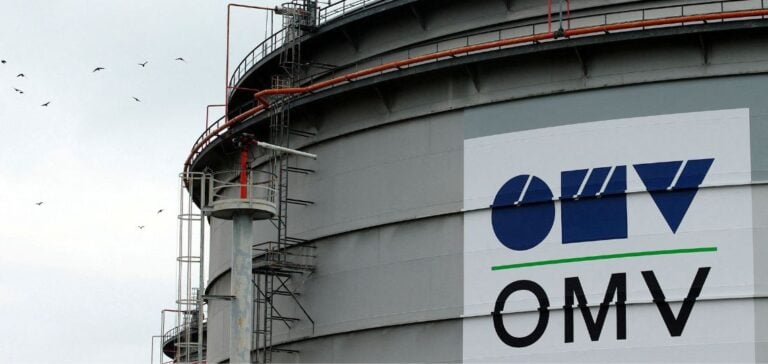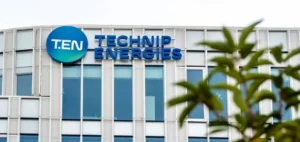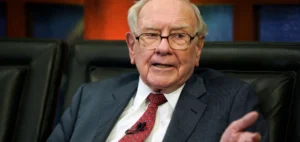OMV ‘s first-quarter net profit came to around €468 million, up from €390 million the previous year, mainly due to reductions in expenses. However, adjusted operating profit, excluding exceptional and inventory effects, fell by 29% to almost 1.5 billion euros.
Impact of lower gas prices
According to CEO Alfred Stern, gas prices have reached their lowest level since the start of the conflict in Ukraine. This drop was accompanied by weak demand from European consumers, partly due to an exceptionally mild winter , which also resulted in full inventories.
Chemicals sector and fertilizer market
OMV’s chemicals division saw an improvement, which was described as probably temporary. This upturn is underpinned by an increase in demand for the products of Borealis, a major subsidiary in fertilizer production, disrupted by import difficulties from Asia and the Middle East, exacerbated by attacks by Houthi rebels in the Red Sea.
Logistical challenges and payroll reduction
The Group was also affected by a drought in the Panama Canal, slowing down the transit of ships between Asia and the United States. OMV has significantly reduced its payroll, from 37,700 employees in 2010 to around 20,600 in 2024.
Diversification and divestment
Criticized for its close ties with Gazprom until 2040, OMV is seeking to diversify its activities. Recently, it sold its stake in Malaysian gas operator SapuraOMV to TotalEnergies for $903 million, marking an important step in its diversification strategy.
Despite facing significant challenges related to gas prices and demand, OMV shows a resilient ability to adapt and continue to grow, while navigating a complex global energy landscape.






















